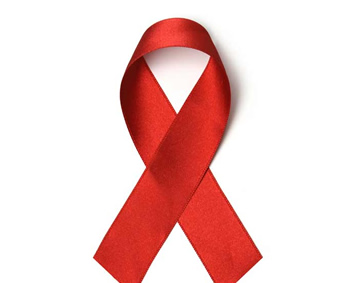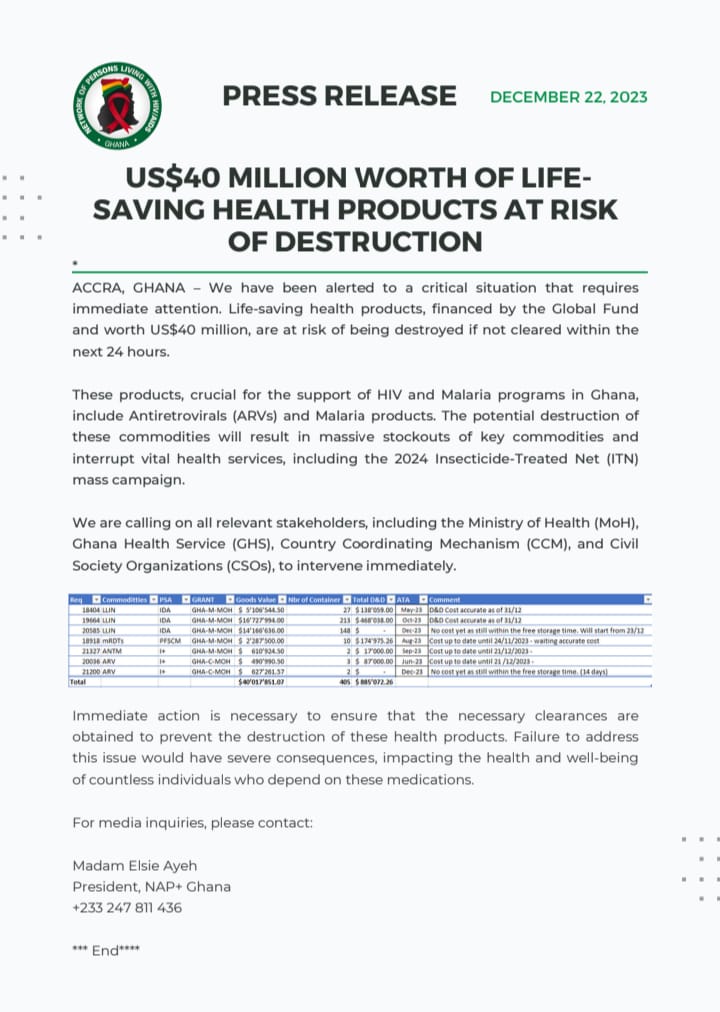
Studies have shown that HIV infections are on the increase while stigma and discrimination are among the key challenges facing the National Response to the prevention of Human Immunodeficiency Virus (HIV).
According to the Centre for Democratic Development (CDD), German Development Co-operation (GIZ), Ghana Aids Commission (GAC) and the United Nations Program on HIV/AIDS (UNAIDS), the impact of discrimination on PLWHAs' is high.
A Legal Consultant, Mr Victor Brobbey, who made these known at a workshop in Accra on Friday, indicated that the most effective way to respond to discrimination specifically faced by People Living with HIV and AIDS (PLWHAs) was to make discrimination unlawful.
The workshop, organized by the Ghana AIDS Commission (GAC) aimed to sensitize the media and to sharpen their skills to report accurately on HIV and AIDS in order to educate the public on prevention, the importance of testing to know one's status as a means of preventing the development of AIDS and the need to know the rights of PLWHAs.
It also forms part of GAC's mandate to disseminate and share HIV and AIDS strategic information with stakeholders and partners in the implementation of the National Response.
Mr Emmanuel Atuahene, Director of Research, Monitoring & Evaluation, GAC, stressed the need to strengthen the collaboration between it and the media in order to be able to contain new infections and implement the current National HIV & AIDS Strategic Plan (NSP) 2016-2020.
Addressing participants on the topic Human Rights and Stigma, Dr Brobbey explained that even though discrimination was outlawed in sections 12 (1) and 17 (1), and 17(2) under chapter 5 of the 1992 Republican Constitution of Ghana, these rights were not absolute.
He cited a Supreme Court decision in Nartey v Gati 2010 SCGLR 745 @ 754 which justified discrimination in certain instances and permitted loopholes in the law.
He said the Ghana AIDS Commission Act, 2016 (Act 938) was, therefore, enacted to seal the loopholes which permitted discrimination under the Ghana national Constitution.
Dr Brobbey indicated that under Act 938, discrimination against PLWHAs, including discrimination in employment and education were forbidden, citing section 28 of Act 938 which guarantees the fundamental human rights and freedoms, as enshrined in the 1992 Constitution, of persons living with HIV or AIDS.
Section 28 (1) of Act 938 provides "A person living with or affected by HIV or AIDS and a person highly at risk of HIV infection shall enjoy the fundamental human rights and freedoms enshrined in the Constitution."
And according to Section 28 (2), "A person shall not directly or indirectly discriminate against a person infected or affected by HIV or AIDS based on the actual or perceived HIV status of that person or of a close associate of that person."
Section 28 (3) also provides that "A person who suffers an act of discrimination based on the actual or perceived HIV status of that person or of a close associate of that person may institute legal proceedings to claim damages against the person who carried out that act of discrimination."
Dr Brobbey also identified other important aspects of Act 938 as provided for in sections 29 to 37 which guaranteed the right of PLWHAs to health, privacy and confidentiality as regards the HIV status of a person; insurance and other benefits.
The others are the right to work, to education, freedom of movement, sexual and reproductive rights, and political rights.
He made it clear that the violation of these rights created under section 28 to section 37 were offences under section 39 of Act 938 and that the rights were enforceable in accordance with Article 33 of the 1992 Constitution.
Mr Brobbey pointed out, however, that the right to privacy and confidentiality as regards the HIV status of that person would not apply in instances such as where a healthcare provider who is directly involved in providing health care to that person required knowledge of the HIV status of the patient to make a clinical decision in the interest of the patient; for the purpose of an epidemiological study where anonymity is assured; and upon an order of the court where the information contained in the medical file of that person is directly relevant to the court.
Read Full Story


















Facebook
Twitter
Pinterest
Instagram
Google+
YouTube
LinkedIn
RSS